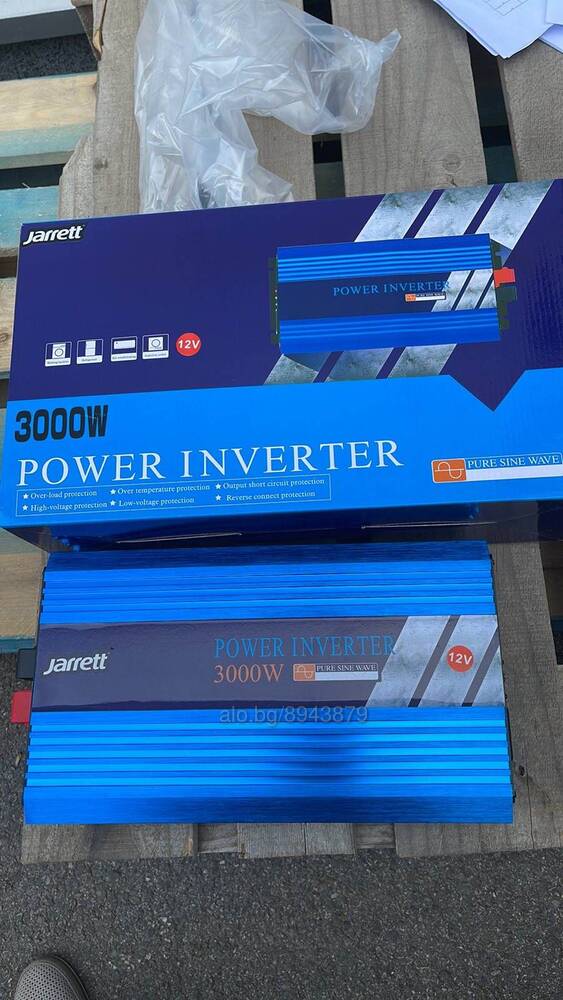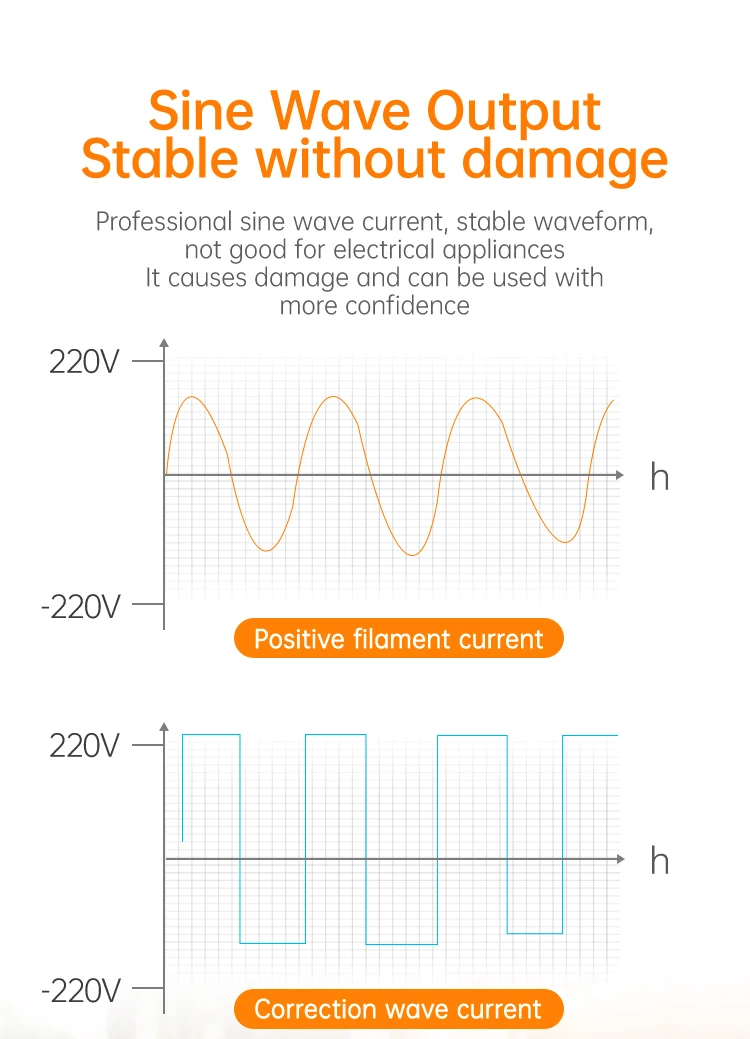Simple Tips About What Does 1000w 2000w Mean

Understanding 1000W and 2000W
1. Power Ratings Demystified
Ever stared at an appliance and seen those numbers staring back at you: 1000W, 2000W? What do they even mean? Don't worry, it's not some secret code. It's all about power, baby! In essence, these figures, frequently seen on devices from hair dryers to space heaters, show the electrical power consumption of the appliance in watts. Simply put, they indicate how much energy the device will draw when it's operating.
Think of it like this: imagine your appliances are hungry little monsters. A 1000W monster is moderately hungry, needing a decent amount of energy to do its job. A 2000W monster? Well, that's a seriously ravenous beast! It requires twice as much energy compared to the 1000W appliance to operate, gobbling up electricity at a faster rate. Therefore, using a 2000w will cost more money on electricity compared to 1000w.
Knowing this power rating is actually quite useful. It helps you estimate how much it will cost to run the appliance, and it's crucial for making sure you don't overload your circuits. Plugging too many high-wattage devices into the same circuit can trip your breaker (and leave you in the dark, literally!). Also, it can affect the life span of the appliances if it's being used too much on a wrong voltage.
So, when you see those wattage numbers, remember they're just telling you how much "oomph" the appliance needs to do its thing. The higher the wattage, the more power it consumes. Keep an eye on them so that you can make smarter choices with your electricity usage!

Why Wattage Matters in Everyday Life
2. More Than Just Numbers on a Label
Okay, so we know that 1000W and 2000W indicate power consumption. But why should you, the average human being, actually care? It's not just about being a responsible electricity consumer (though that's a good thing!). It directly impacts your wallet, your safety, and even your choice of appliances.
First, let's talk money. If you're choosing between two similar appliances, one rated at 1000W and the other at 2000W, the 2000W appliance will cost you more to run over time. Even if they perform the same function, the higher wattage means a bigger electricity bill. Think about it: if you're using a space heater every day during winter, that extra 1000W adds up fast! It's crucial to consider long-term costs, not just the initial purchase price.
Second, consider safety. Older homes often have electrical systems that aren't designed for today's high-powered gadgets. Plugging a 2000W hair dryer into an already overloaded circuit could easily trip a breaker or, in a worst-case scenario, cause a fire. So, before you plug in that powerful appliance, double-check your circuit's capacity and make sure you're not exceeding it. It is better to be safe than sorry.
Finally, understanding wattage lets you make smarter purchasing decisions. If you only need a small fan to cool down a tiny space, a high-wattage model is overkill. You'll be wasting energy (and money!) for no reason. Opt for a lower-wattage option that meets your needs without being a power hog. In simple terms, you can pick what is best for you according to your needs, so that you are not overspending your electricity bill.

Common Appliances
3. Wattage Examples You Might Encounter
Now that we know why wattage matters, let's look at some real-world examples. Understanding the typical wattage of common appliances can help you get a better grasp of your overall energy consumption. It is also useful for setting up a budget for your electrical bills.
A standard microwave oven, for instance, often falls somewhere between 600W and 1200W, with higher-end models reaching 1500W or more. A coffee maker might use anywhere from 750W to 1500W, depending on its size and features. Hair dryers are notorious energy consumers, frequently ranging from 1200W to a whopping 2000W (or even higher for professional-grade models!).
On the lower end of the spectrum, you'll find things like LED light bulbs (often less than 10W each!), phone chargers (usually around 5W to 15W), and small fans (perhaps 20W to 50W). Even laptops typically use relatively little power, often in the 50W to 100W range. Knowing these approximate ranges can help you quickly assess the energy impact of your appliances.
It's important to note that these are just examples, and actual wattage can vary widely depending on the specific model and brand. Always check the appliance's label or user manual for its exact power rating. You might be surprised at just how much (or how little) some of your favorite gadgets consume!

1000W vs. 2000W
4. Choosing the Right Power Level
So, you're trying to decide between a 1000W and a 2000W appliance. Which one should you choose? The answer, as always, depends on your specific needs and circumstances. There's no one-size-fits-all answer here.
Consider the intended use. If you need a hair dryer for quick touch-ups or styling fine hair, a 1000W model might be perfectly adequate. But if you have thick, long hair that takes forever to dry, a 2000W model will likely save you a significant amount of time (even if it costs a bit more in electricity). Similarly, a small space heater might be fine at 1000W for a tiny office, but a larger room might require the extra power of a 2000W heater to stay comfortable.
Also, take your electrical system into account. If you live in an older home with limited electrical capacity, you might be better off sticking with lower-wattage appliances to avoid overloading circuits. You can always supplement with multiple smaller appliances rather than relying on one high-powered device. In addition, you also need to know the pros and cons of each wattage. 1000w saves more electricity with longer usage and 2000w heats/dries/cooks things faster than 1000w.
Ultimately, the best way to decide is to weigh the pros and cons of each option based on your individual needs and budget. Don't just assume that higher wattage is always better. Think about how you'll be using the appliance, how often you'll be using it, and how much you're willing to spend on electricity. It is all about choices and making the right one for you!

1000W 2000W WITH Samsung LED Dimmable Grow Light Full Spectrum For All
Beyond the Numbers
5. Making the Most of Your Wattage
Understanding wattage is just the first step. To truly become an energy-savvy consumer, you need to think about energy efficiency and make smart choices that go beyond just looking at the numbers on a label. It also means not just buying things, but also doing things properly to save more energy.
For instance, look for appliances with energy-efficient ratings, such as Energy Star. These appliances are designed to use less power while providing the same level of performance as less efficient models. While they might cost a bit more upfront, they'll save you money in the long run through reduced electricity bills. These products are also being tested and proven to be more efficient with their energy usage.
Also, practice good energy-saving habits. Turn off appliances when you're not using them, unplug chargers when they're not charging, and use power strips to easily switch off multiple devices at once. Even small changes can add up to significant savings over time. It is all about knowing how to manage your appliances correctly.
Finally, consider investing in smart home technology, such as smart thermostats and smart plugs. These devices can help you monitor and control your energy consumption remotely, allowing you to optimize your usage and save even more money. It can be expensive but it is worth it. By combining your understanding of wattage with smart energy-saving practices, you can take control of your electricity bills and create a more sustainable lifestyle. That is what is important.

Frequently Asked Questions (FAQs)
6. Your Burning Questions Answered
Still have some questions about wattage? Here are some common FAQs to help clarify things further:
Q: Will a 2000W appliance heat up a room faster than a 1000W appliance?A: Generally, yes. A 2000W heater will produce more heat per unit of time than a 1000W heater, leading to faster heating.
Q: Is it better to buy a lower wattage appliance to save money?A: Not always. A lower wattage appliance might take longer to perform a task, potentially negating the energy savings. Consider the trade-offs between power consumption and performance.
Q: Can I use a 2000W appliance on a standard household outlet?A: Most standard household outlets in the US are rated for 15 amps at 120 volts, which equates to 1800 watts. A 2000W appliance might overload the circuit, so it's crucial to check your circuit's capacity before plugging it in. UK and Europe typically have higher voltage outlets (220-240V), so check local regulations.
Q: Does the wattage of an appliance affect its performance?A: Yes, wattage is directly related to an appliance's power and ability to perform its intended function. Higher wattage appliances generally offer greater power and faster performance. However, this also means higher energy consumption.